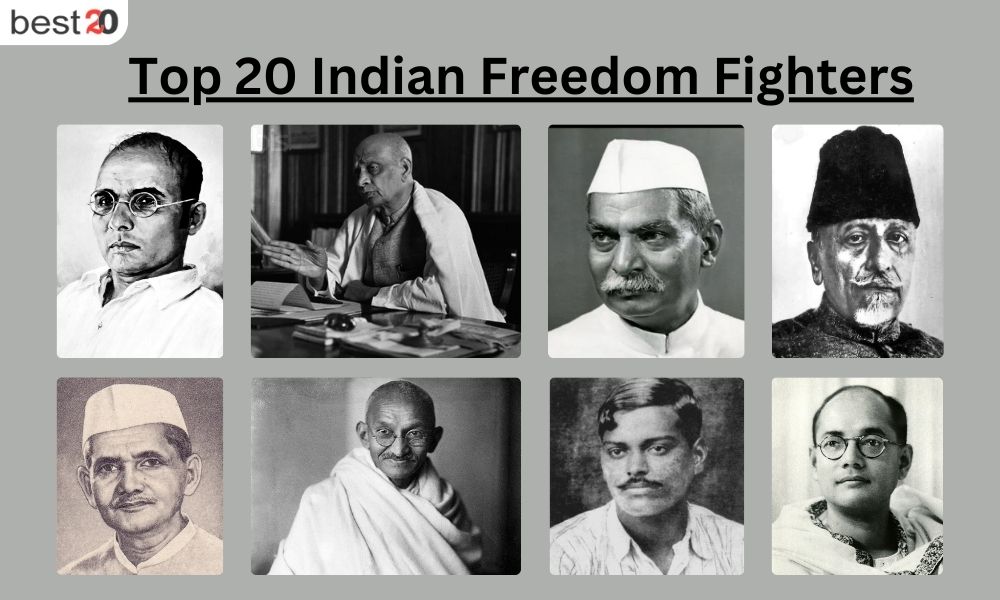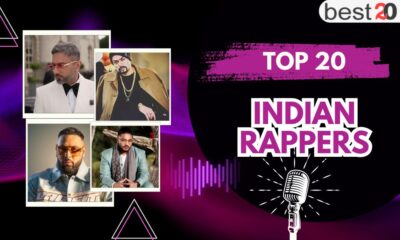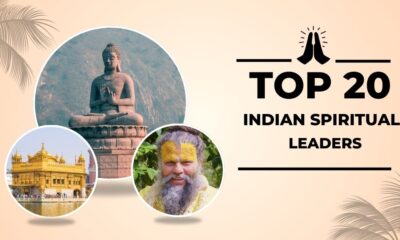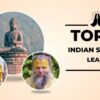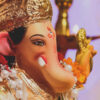Top 20
Top 20 Indian Freedom Fighters
The independence of India from British rule was achieved about 75 years ago on August 15, 1947. This event happened as a result of several different movements and revolts including the famous revolt of 1857. Mahatma Gandhi, Jawaharlal Nehru, Chandra Shekhar Azad, Rani Lakshmi Bai of Jhansi, and many other Indian freedom fighters who contributed significantly to steering the struggle for self-rule tirelessly worked towards liberating their country. The website acknowledges great Indian freedom heroes who sacrificed a lot to save their land from colonialism. In this blog we are going to discuss our top 20 Indian Freedom Fighters.
Here Are Our 20 Indian Freedom Fighters
Here are the following Indian Freedom Fighters we will going to discuss about them & their contributions:
1. Mangal Pandey
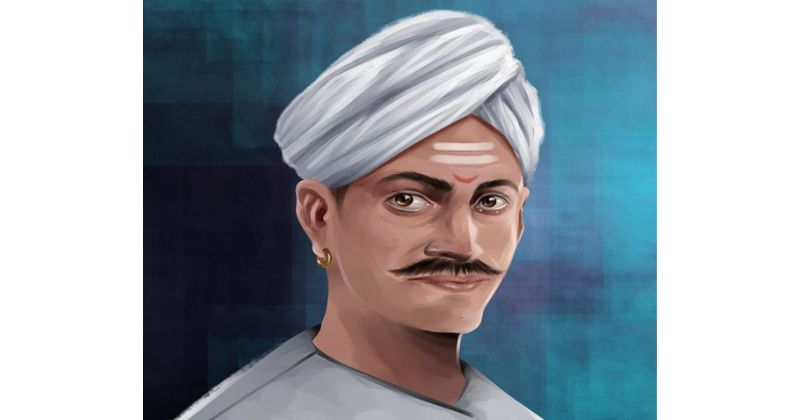
India first freedom fighter was Mangal Pandey. He was born on 19 July 1827 in Nagwa and died on 8 April 1857. he inspired Indian youth with the powerful phrase “Maro Firangi ko”. His brave revolt acted as a catalyst for the 1857 Great Rebellion and the Indian Mutiny which is also referred to as India First War of Independence. Mangal Pandey played an important role in motivating young Indian soldiers during the Sepoy Mutiny leaving a lasting imprint on India struggle for independence.
2. Rani Lakshmi Bai
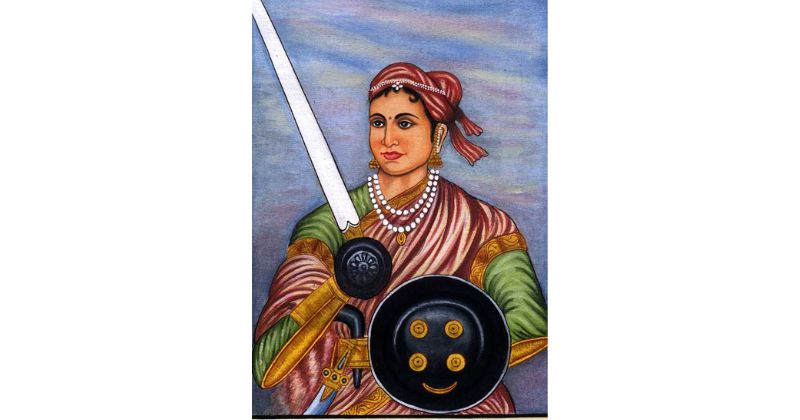
Rani Lakshmi Bai is also known as “Rani of Jhansi” She was the first women freedom fighter in India. She was born on 19 Nov 1828 in Varanasi and died on 18 June 1858 in Gwalior. The Indian people were greatly Influenced by her role as a warrior as she inspired them to stand up against foreign rule. By fearlessly fighting alongside men during the Revolt of 1857. she left a lasting impression on the minds of her citizens. Sadly she met her heroic demise on the battlefield while bravely confronting the British forces.
3. Jawaharlal Nehru
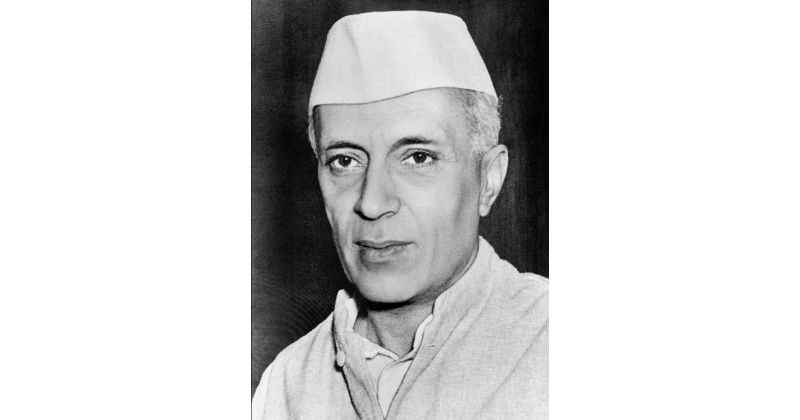
Jawaharlal Nehru was born on 14 Nov 1889 in Allahabad and died on 27 May 1964 in New Delhi. he is also known as “Chacha Nehru” due to his passion for independence which was inspired by Mahatma Gandhi efforts to liberate India from British rule. Initially a lawyer Nehru emerged as a prominent politician and a strong advocate for Indian independence. He actively engaged in the struggle for freedom and eventually became the President of the Indian National Congress. Following India independence he was appointed as the nation’s inaugural Prime Minister. Due to his fondness for children, his birthday is celebrated as Children’s Day.
4. Sardar Vallabh Bhai Patel
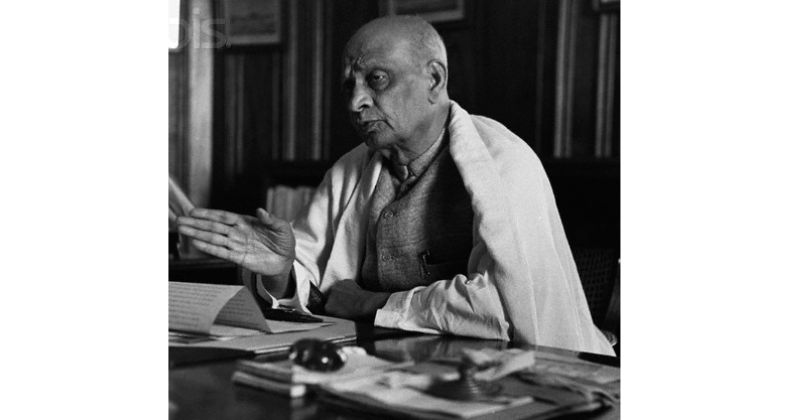
Sardar Vallabhbhai Patel is famously known as Sardar the Iron Man of India. he was born on 31st October 1875 in Nadiad and died on 15 December 1950 in Mumbai. Despite his background as a lawyer he chose to leave his profession behind and join the fight for India independence. Once India gained its freedom he took on the role of Deputy Prime Minister and wholeheartedly dedicated himself to the task of integrating the princely states into the Union of India.
5. Mohandas Karamchand Gandhi
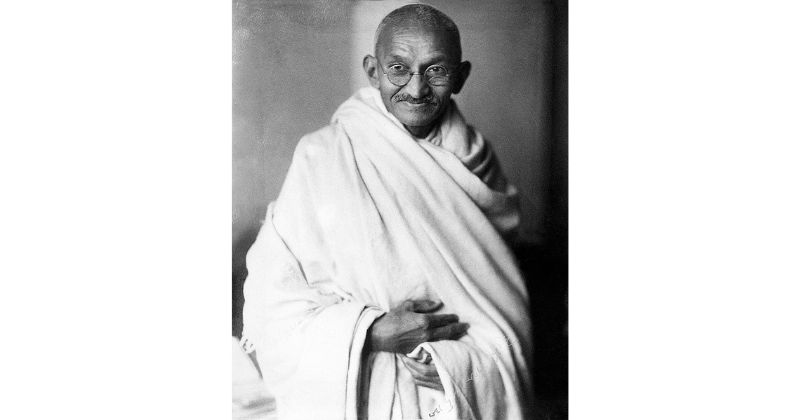
Mohandas Karamchand Gandhi was born on 2 Oct 1869 in Porbandar and is considered to be the Father of the Nation because of his great sacrifices for India. He not only led India to independence but has also been an inspiration for many civil rights movements and liberation struggles throughout the world. Nonviolent philosophy was introduced into India by Gandhi also known as Bapu. He said that non-violent resistance coupled with a refusal to cooperate with the British would bring independence. The Dandi March Quit India Movement and the historic Non-Cooperation movement all were conducted under his leadership.
6.Subhash Chandra Bose
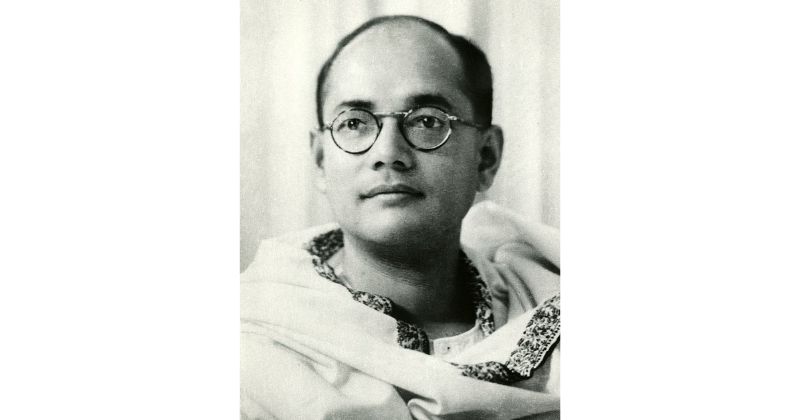
Among the great warriors who contributed to Indian independence was Subhas Chandra Bose. He was born on 23 Jan 1897. He was a nationalist and his extreme loyalty made him an icon. Instead of following Gandhi’s non-violence principles Bose argued that only armed struggle could remove the British from India. Creator of the Forward Bloc he outwitted the British to ultimately reach Germany during World War second. He formed the Indian National Army (INA) and with Japanese aid managed to liberate Manipur from the British but lost because of Japan surrender to Britain forces. Though to have died in a plane crash in 1945 his death remains a mystery up till now.
7. Sarojini Naidu
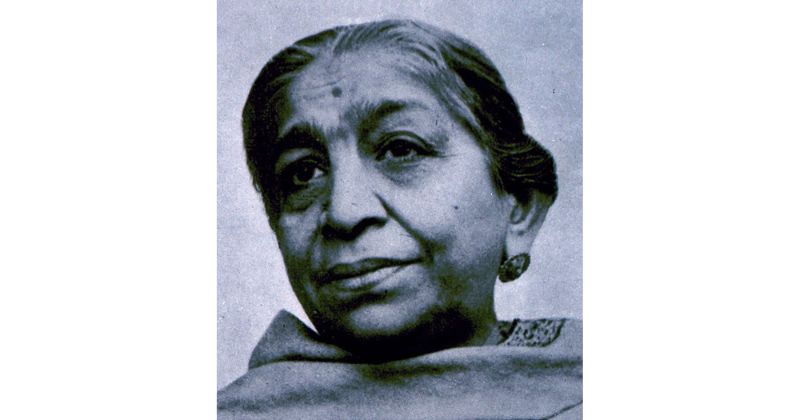
Sarojini Naidu was born on 13 February 1879 in Hyderabad and died on 2 March 1949 in Lucknow. She played a crucial role in carrying Gandhi message of nonviolent resistance to the United States during his arrest in 1930. Upon her return to India she actively engaged in the freedom struggle and was elected as the President of the United States Congress in 1932. Moreover, in 1916 she co-founded the Home Rule League alongside Bal Gangadhar Tilak to achieve Indian Dominion.
8. Bhagat Singh
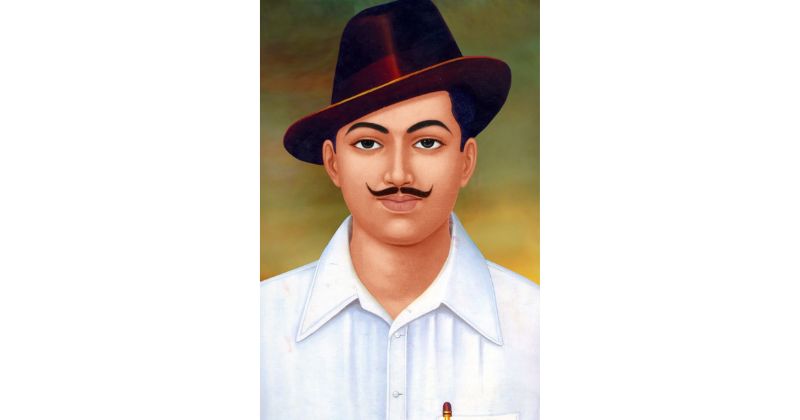
Bhagat Singh was born into a Sikh family on 28 September 1907 in Punjab and died on 23 March 1931 in Lahore Central Jail Punjab. he sacrificed his life for his country and remains a figure of controversy. He played an active role in the non-cooperation movement in 1921 and founded the “Naujawan Bharat Sabha” to inspire patriotism among Punjabi youth. Sadly at the age of 23 he was executed by the British through hanging.
9. Lal Bahadur Shastri
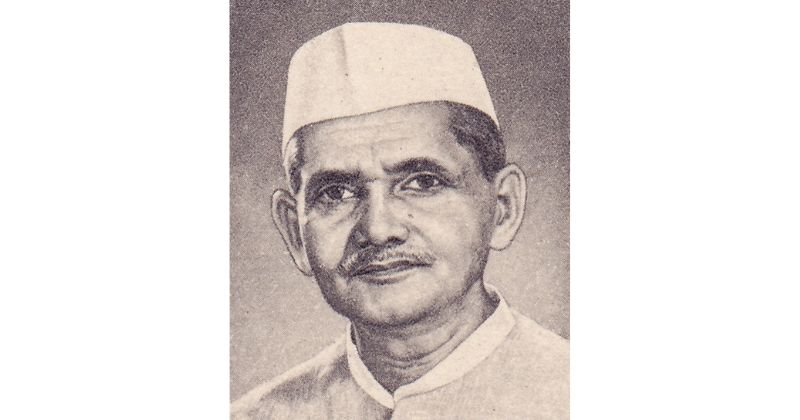
Lal Bahadur Shastri was born on 2 October 1904 in Mughalsarai and died on 11 January 1966. Following India independence he served as the Home Minister and later assumed office as the second Prime Minister of India in 1964. He was a dedicated freedom fighter playing a significant role in the Mahatma Gandhi Salt March, Satyagraha, and Quit India Movement even enduring imprisonment for his beliefs.
10. Savitribai Phule
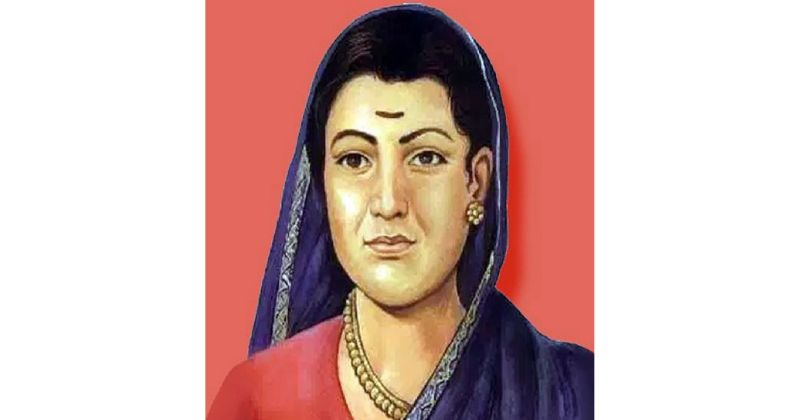
Savitribai Phule was born on 3 January 1831 in Naigaon and died on 10 March 1897 in Pune. She was a notable reformer, educator, and poet in Maharashtra known as India first female teacher. Together with her husband she played a crucial role in promoting women rights and founded the first modern girl school in Pune.
11. Maulana Abul Kalam Azad
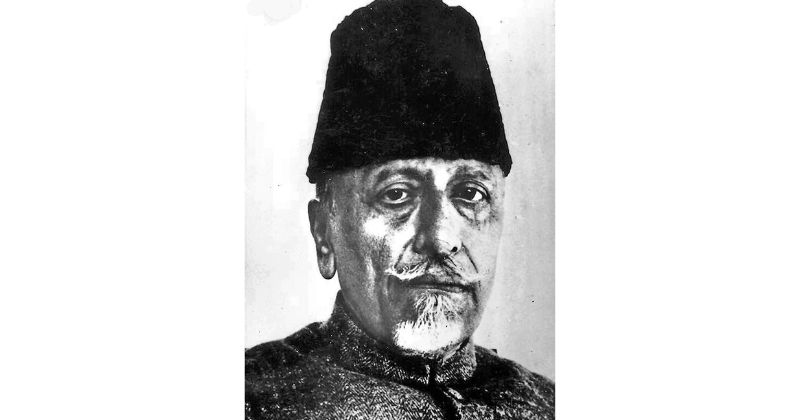
Maulana Abul Kalam Azad was born on 11 November 1888 in Makkah and died on 22 February 1958 in Delhi. His commitment to the nation went beyond the attainment of Indian independence. Engaging in the independence movement at the tender age of 16 he continued to play an active role throughout his lifetime. As the President of the Congress he led the Quit India Movement. In acknowledgment of his significant contributions he was bestowed with the Bharat Ratna in 1922. Later in 1947 he assumed the position of India inaugural Minister of Education. Devoting himself to the service of the nation for more than five decades he left behind an indelible legacy.
12. Chandra Shekhar Azad
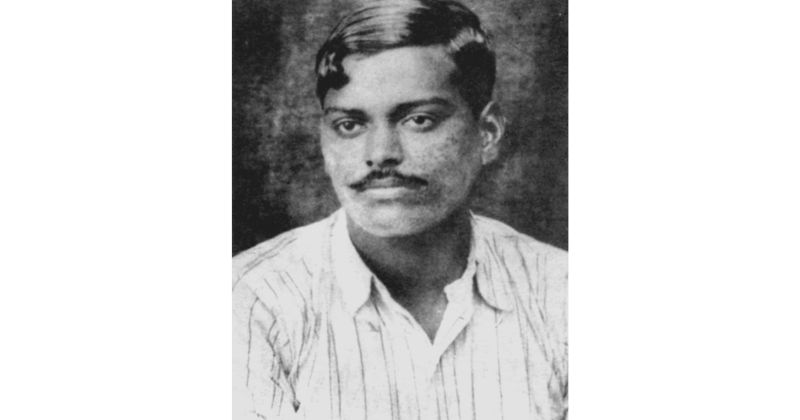
Chandra Shekhar Azad was born on 23 July 1906 in Bhavra and died on 27 February 1931 in Prayagraj. He played a crucial role as a member of the Hindustan Republican Association and fearlessly fighting against the oppressive British regime. Known for his unparalleled bravery Azad valiantly confronted the British forces eliminating numerous adversaries. In a final act of disrespect he chose to end his own life with a single shot from his Colt pistol vowing to never fall into the hands of the British alive.
13. Shah Nawaz Khan
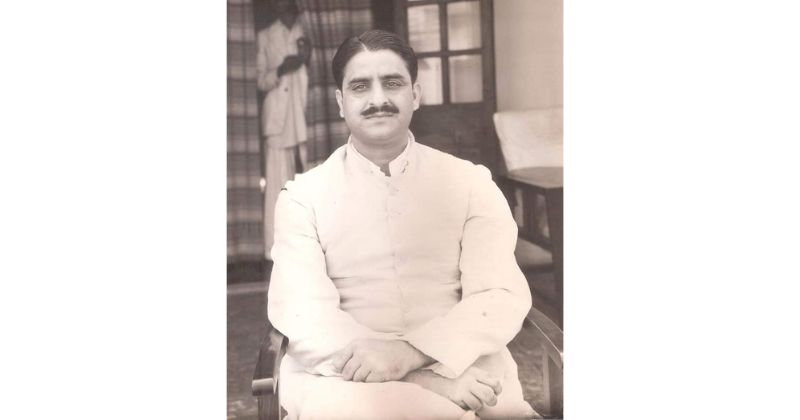
Shah Nawaz Khan was born on 24 January 1914 in Punjab and died on 9 December 1983. He was greatly impacted by the speeches of Subhas Chandra Bose urging prisoners of war to join the Indian National Army and fight for the liberation of India. Khan under his leadership led the army into North-Eastern India successfully capturing Kohima and Imphal which had been briefly held by the INA under Japanese control.
14. Usha Mehta
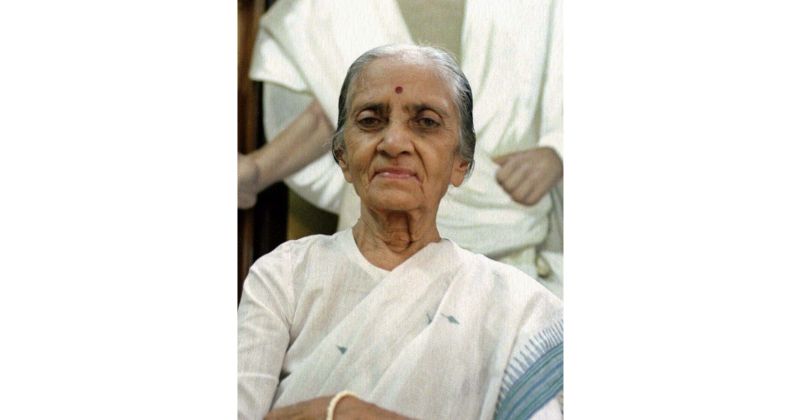
Usha Mehta was born on 25 March 1920 in Surat and died on 11 August 2000 in Mumbai. Usha Mehta is a follower of Gandhi and was a key figure in the Quit India Movement of 1942. She established an underground radio station known as Congress Radio to disseminate the messages of various freedom fighters across the nation. This radio operated for three months during the Quit India Movement until the British authorities discovered its location and arrested its organizers leading to the radio’s closure. In recognition of her contributions the Government of India honored her with the Padma Vibhushan the second-highest civilian award in 1998.
15. Pingali Venkayya
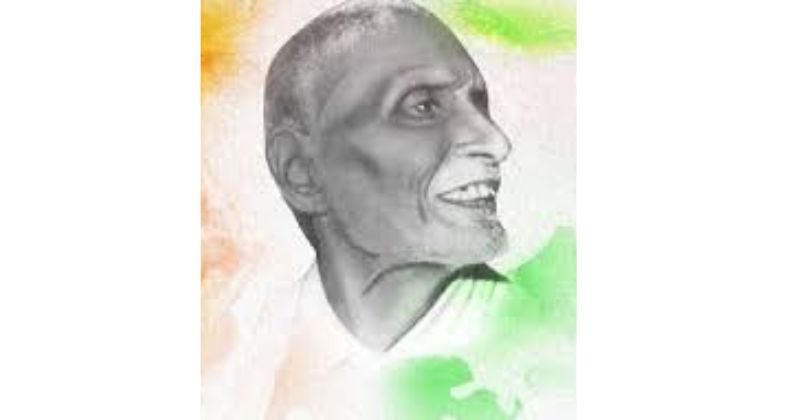
Pingali Venkayya was born on 2 August 1876 in Bhatlapenumarru and died on 4 July 1963 in Vijayawada. He played a crucial role in the war for Indian independence. it is recognized for designing the Swaraj Flag which was later modified by Surayya Tyabji to become the Indian Flag. In addition to his contributions as a freedom fighter. Venkayya was a skilled polyglot, lecturer, novelist, geologist, educationalist, and farmer.
16.Vinayak Damodar Savarkar
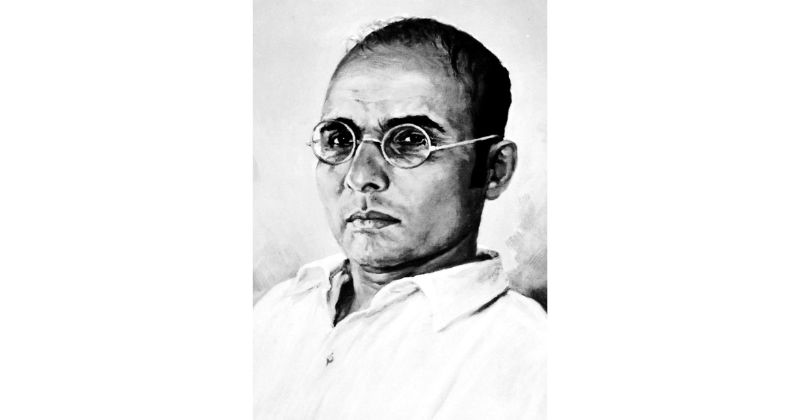
Vinayak Damodar Savarkar was born on 28 May 1883 in Bhagur and died on 26 February 1966 in Mumbai. Vinayak Damodar Savarkar, an Indian politician, activist, and author, bestowed his supporters with the honorific prefix Veer. During his detention in Ratnagiri in 1922, he formulated the Hindu nationalist political ideology called Hindutva. He was one of the leaders of the Hindu Mahasabha.
17. Chittaranjan Das
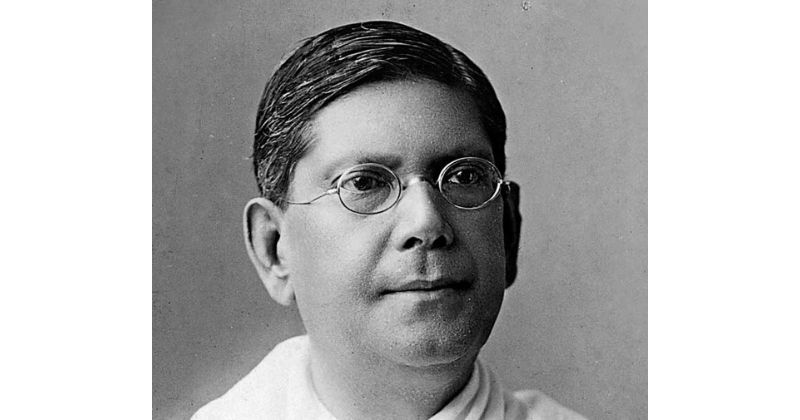
He was born on 5 November 1870 and died on 16 June 1925. He was popularly known as Deshbandhu and played a significant role in the Indian independence movement and during the British colonial rule in India. He was a freedom fighter, political activist, and lawyer. he was the founder and leader of the Swaraj Party in undivided Bengal. Apart from his involvement in various literary clubs, he wrote many articles, essays, and poetry.
18. Dr. B R Ambedkar
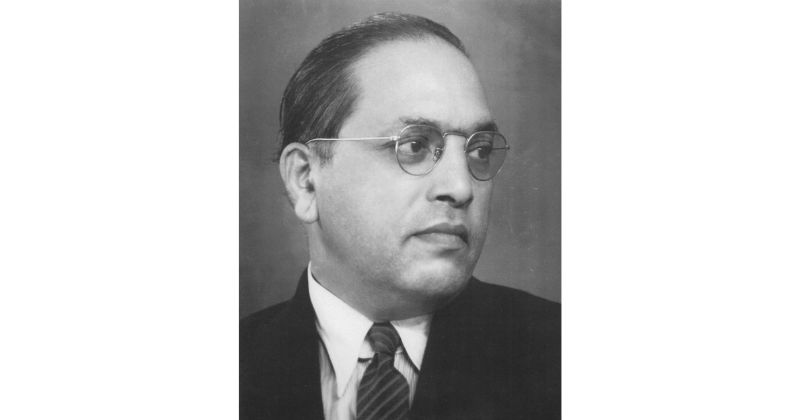
He was born on 14 April 1891 in Dr. Ambedkar Nagar and died on 6 December 1956 in New Delhi. he was an Indian jurist, economist, social reformer, and political figure, who chaired the committee responsible for drafting the Constitution of India based on discussions within the Constituent Assembly. Moreover, he served as the Law and Justice Minister in Jawaharlal Nehru initial cabinet and following his renunciation of Hinduism became a source of inspiration for the Dalit Buddhist movement.
19. Dr Rajendra Prasad
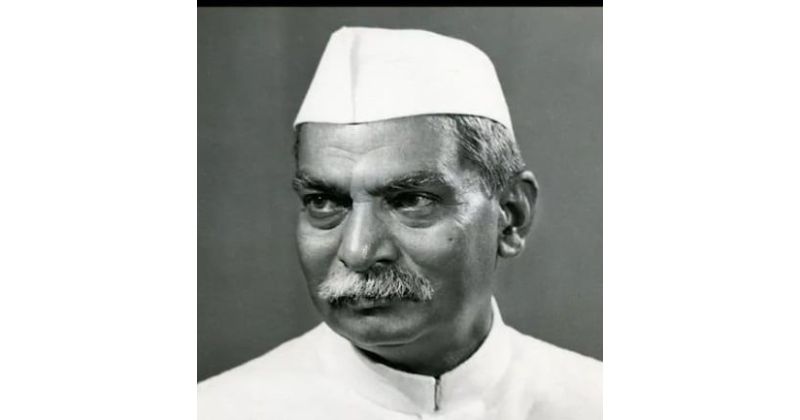
Dr Rajendra Prasad was born on 3 December 1884 in Ziradei and died on 28 February 1963 in Patna. He was an Indian politician, lawyer, supporter of Indian independence, journalist, and educator, served as the President of India from 1950 to 1962. He played a significant role in the Indian Independence Movement by becoming a prominent leader representing Bihar and Maharashtra within the Indian National Congress. Prasad a follower of Mahatma Gandhi was arrested by British officials during the Quit India movement in 1942 and the Salt Satyagraha in 1931.
20. Bakht Khan
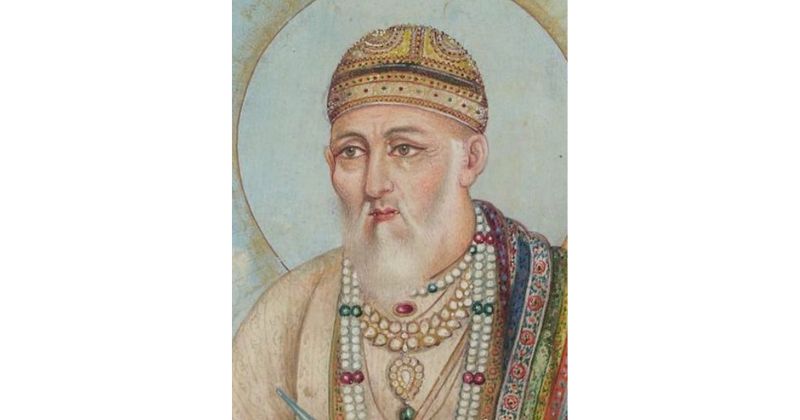
He was born in 1797 and died on 13 May 1859. he had extensive knowledge of the officers who would be opposing him during the blockade of Delhi in 1857. British officers regarded him as the “most intelligent individual”. He faced financial difficulties during the war. Following his expulsion from Delhi he sustained injuries inflicted by the British during the rebellion and passed away in the Terai plains of Nepal in 1859. He played a significant role in leading the first war of independence. In 1979 a Pakistani film titled ‘General Bakht Khan’ was produced depicting the Indian rebellion of 1857.
Conclusion
The amazing achievements of India top 20 Indian freedom Fighters who valiantly opposed British rule and gave their lives for the cause of freedom in India are abundant throughout the Country history. Every one of these legendary figures from Maulana Abul Kalam Azad unbeatable dedication to Mangal Pandey valiant revolt has made an enduring impression on the history of our nation. Their leadership and selfless acts motivate us to uphold the principles of equality, freedom, and unity that they battle for.

